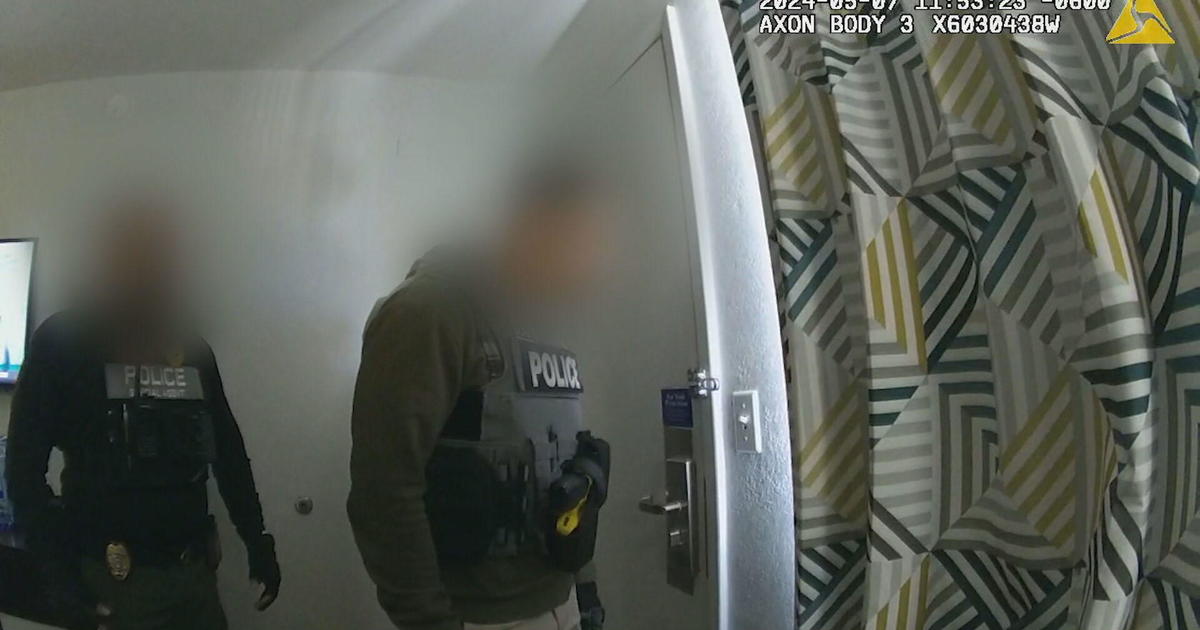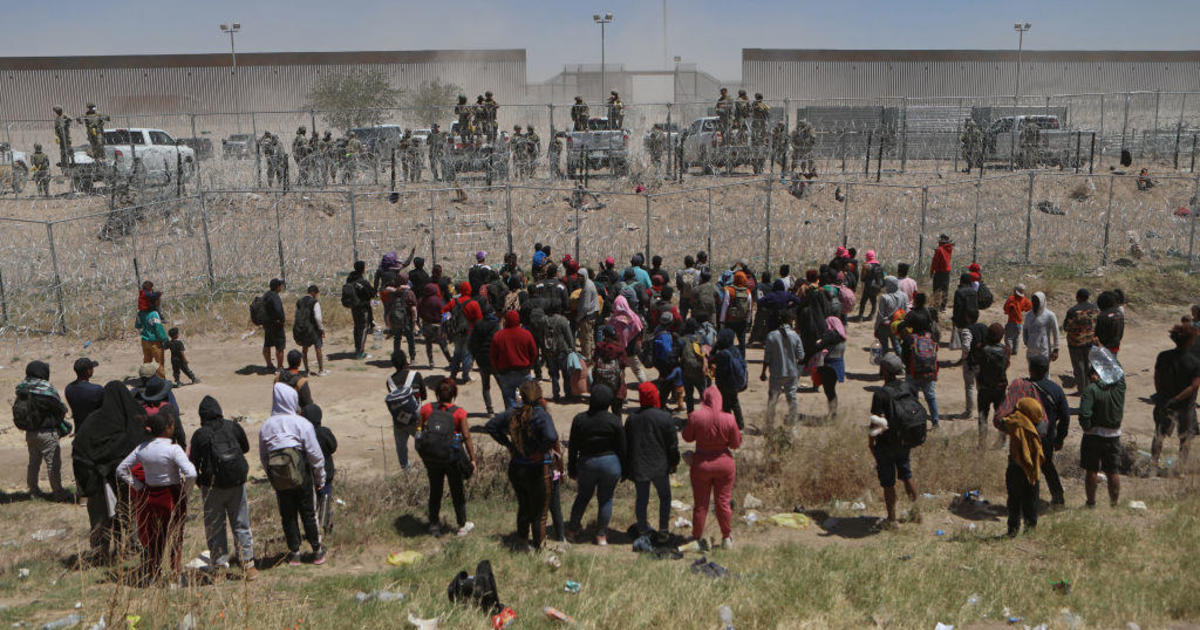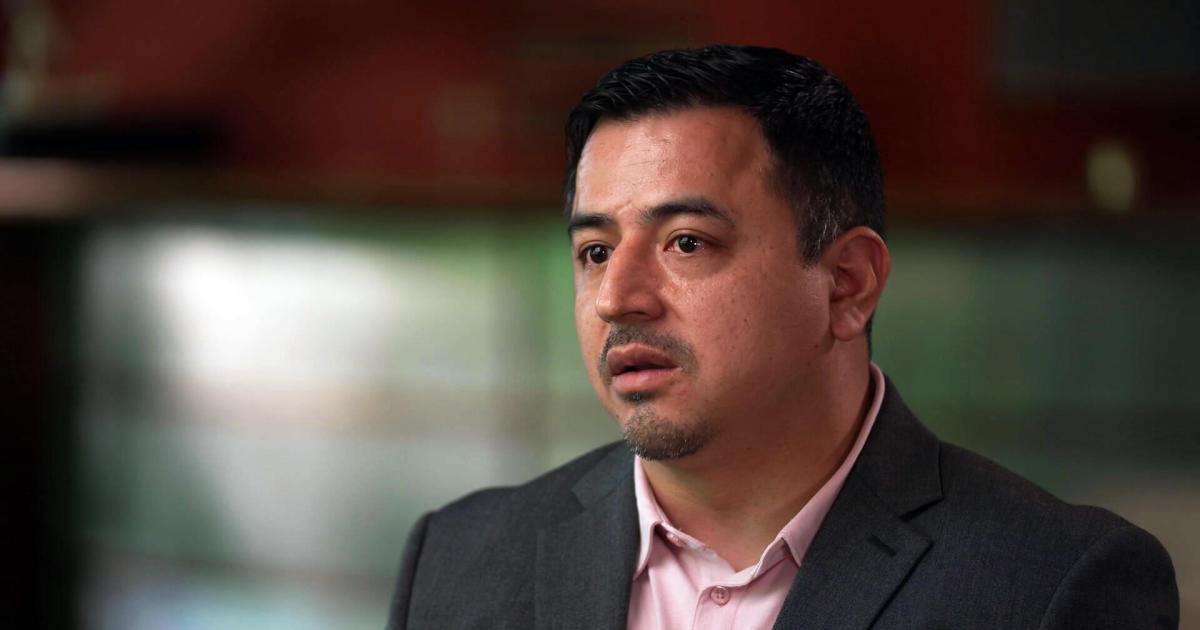"Nightmares of stacking bodies": Hospital workers grapple with daily stress and trauma amid coronavirus pandemic
New COVID-19 cases and deaths are going down nationwide after a devastating January spike, but inside many hospitals, health care workers on the front lines are grappling with their own mental health.
At Riverside University Health System Medical Center just outside Los Angeles, California, numerous doctors and nurses there have reported symptoms of post-traumatic stress.
The Defense Department has sent 89 medical personnel to assist those front line health care workers.
"Today was a day," Captain Joe Hargrave, an Army nurse, told CBS News' David Begnaud,
Hargrave had been at the hospital for more than three weeks, as part of his his third COVID-19 deployment inside the U.S. The Defense Department sent medical personnel to assist the front line health care workers at the California hospital.
That day, he said two of his five patients took a sudden turn for the worse.
"You just see them come in, they're alert, they're oriented, they're talking to you," Hargrave said. "And then just to see them decline at such a rapid rate — That was hard for me."
He continued, "Every time you go into the room, you just kind of have to be, like, 'Okay,' you know, 'Focus on me. Don't worry about the monitor. You're doing well. You're doing good.'"
Hargrave is haunted by what the virus is doing not just to patients, but to their families as well. Their only news about their loved ones often comes over the phone — in many cases, he is the one connecting them.
And when the person is nearing the end, only two family members can come say goodbye.
"Today, a wife had three children. And it's, like, who do you choose to come with you? To say goodbye to your father," he said, visibly emotional. "If it was my father, and my mom had to make the decision about who would go with her to say goodbye — I just can't imagine that."
He recalled his first day at the hospital, when one of his patients suddenly died. Almost immediately, they had to move the man's body because a patient in the emergency department needed that bed — the patient was the dead man's wife.
The coronavirus pandemic has taken an immense toll on health care workers like Hargrave, according to Dr. Matthew Chang, director of behavioral health at Riverside University Health System.
"This is not a plane crash or a hurricane or a shooting," Chang said. "The trauma is not just an acute one-time trauma, but it's over and over again. And that requires a different type of response."
To help them through that trauma, the hospital has what it calls "peer support specialists" to help treat the emotional scars of those treating the virus by spending time with critical care staff, in meetings and in the ICU.
"I'm so — always grateful for them," one ICU nurse there said.
According to critical care director Tammy Lowe, dealing with the virus is still tough despite the medical staff's months of experience during the pandemic.
"I know that there are staff members that have nightmares — of stacking bodies, nightmares of so many patients that they can't keep up with the tasks," Lowe said. "We're in there hearing their stories and trying to offer them any support that we can."



